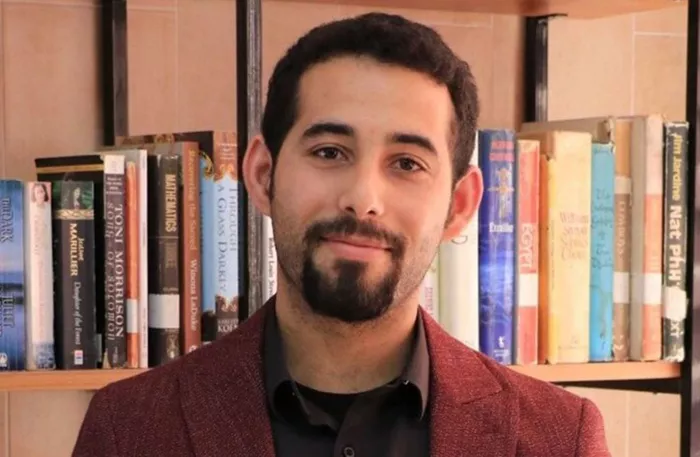Palestinian poet and writer Mosab Abu Toha has been awarded the Pulitzer Prize for Commentary for his powerful essays published in The New Yorker. The prestigious honor recognizes his deeply personal and reflective writing on the physical and emotional devastation in Gaza during the ongoing conflict.
Abu Toha, who has been outspoken about his experiences in Gaza, was praised by the Pulitzer Prize committee for essays that combine in-depth reporting with the intimacy of memoir, offering readers an unfiltered perspective of the Palestinian experience in the war-torn region. His essays convey the human cost of the conflict, blending grief with the resilience of the people of Gaza.
In a post shared on social media, Abu Toha expressed his gratitude for the recognition: “I have just won a Pulitzer Prize for Commentary. Let it bring hope. Let it be a tale.” His words resonate with a tribute to his fellow Palestinian poet, Refaat Alareer, who was killed in an Israeli attack in Gaza in December 2023. Alareer’s final poem, titled “If I must die, let it be a tale,” appears to have inspired Abu Toha’s poignant comment.
Abu Toha, who was detained by Israeli forces in Gaza in 2023, was later released to Egypt before moving to the United States. His Pulitzer Prize-winning work is shaped by his personal experiences of loss and displacement. In one of his essays, he reflects on the destruction of Gaza: “In Gaza, every destroyed house becomes a kind of album, filled not with photos but with real people, the dead pressed between its pages.”
His recent award comes at a time of increasing political tension in the United States, where right-wing groups have called for his deportation in response to his outspoken criticism of Israel. These calls for deportation have gained momentum amid the Trump administration’s crackdown on non-citizens who are critical of Israeli policy. Abu Toha has canceled several public events in recent months, citing safety concerns.
In an interview with Al Jazeera’s The Take podcast in December 2023, Abu Toha spoke of the profound emotional toll of being unable to assist his family and community in Gaza. “Imagine that you are with your parents, with your siblings and their children in a school shelter in Gaza,” he said. “You are unable to protect anyone. You are unable to provide them with any food, any water, any medicine. But now you are in the United States, the country that is funding the genocide. So, it is heartbreaking.”
Abu Toha’s Pulitzer Prize for Commentary is a reflection of his tireless commitment to amplifying the voices of those who suffer in silence. His work serves as a testament to the power of storytelling in the face of adversity.
In other Pulitzer Prize categories, The New York Times took home multiple awards, including in explanatory reporting, local reporting, international coverage, and breaking news photography. The newspaper received the most prizes this year, marking a significant achievement in journalism.
The Pulitzer Prizes, named after Hungarian-American newspaper publisher Joseph Pulitzer, are awarded annually by a board of journalists and academics at Columbia University. The awards recognize exceptional journalism across a range of categories and are considered one of the highest honors in the field.

